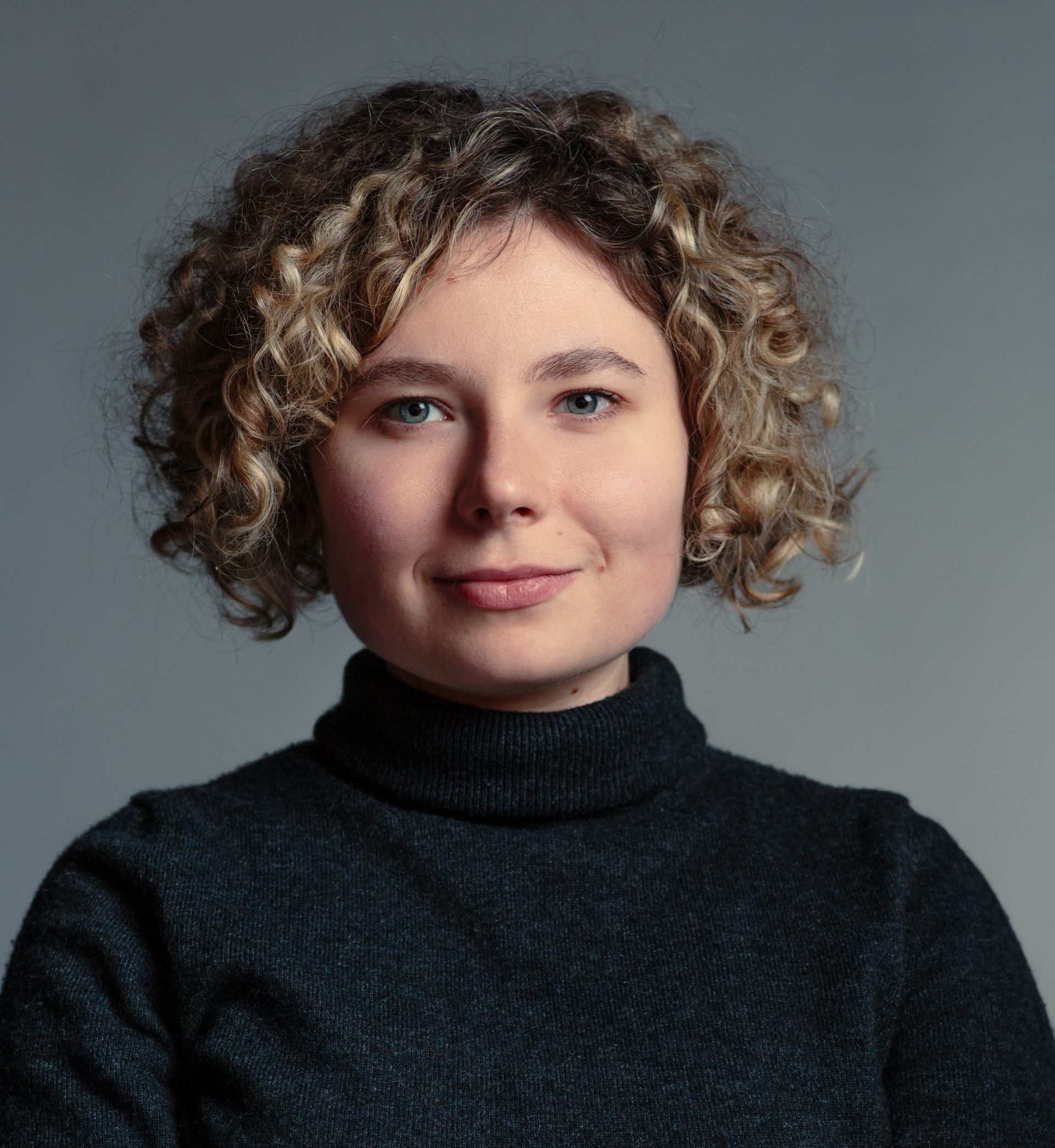
Kateryna Malaia
Wisconsin-Milwaukee University
-
- Research topic:
- Domestic Space in the Times of Change: The Collapse of the USSR, 1985-2000s
- Period:
- July 2019

Wisconsin-Milwaukee University
Kateryna is an architectural historian working on the evolution of quotidian architecture, particularly housing, in the times of socio-political change. She studies urban apartment homes through the lenses of cultural practices and material culture. Her other research interests include the symbolic landscapes of post-socialism and the spatiality of urban protests. Kateryna holds a PhD in Architecture from the School of Architecture and Urban Planning, University of Wisconsin-Milwaukee (2019). She also holds B.Arch (2009) and M.Arch (2011) degrees from the National Academy of Arts and Architecture, Kyiv, Ukraine. Kateryna is currently an Adjunct Professor at the School of Architecture, Portland State University. She is a member and contributor of the Global Architecture History Teaching Collaborative project, which supplies architectural historians with teaching materials on architectures outside their primary focus field. She has presented her work at multiple conferences, including those of the Society of Architectural Historians, Vernacular Architecture Forum, and the Association for Slavic, East European, & Eurasian Studies. Her writing has been published in the East/West: Journal of Ukrainian Studies and LOBBY (Bartlett School of Architecture).
Her dissertation "Domestic Space in the Times of Change: The Collapse of the USSR," concentrated on the transformations that took place in urban apartment housing in the years before and after the collapse of Soviet state-socialism in 1991. This research was supported by the R1 Distinguished Dissertation Fellowship from the University of Wisconsin-Milwaukee. Kateryna is currently working on transforming her dissertation into a monograph. In Lviv, she will supplement her existing dissertation fieldwork with interviews from apartment dwellers, and architects, as well as archival studies in local design institutions. In addition, she will study archives of the local house-building factories (Domobudivni kombinaty or DBK) in relation to her new project on the role of a prefabricated concrete panel in late-Soviet residential design.